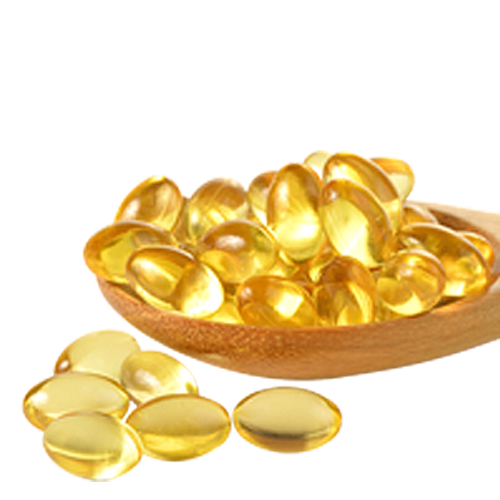Did you know that 1 out of 10 Canadians is affected by liver disease? The liver is a vital organ. Here is how to take care of it.
What role does the liver play?
The liver plays its role together with other organs like the pancreas, intestine and gallbladder. Its main functions are metabolizing (transforming and producing various substances), storing and eliminating. It primarily has the following functions:
- produce a number of hormones
- produce and stores glucose, fuel for the body
- help in the production of important proteins, such as the ones that contribute to blood clotting (coagulation)
- help to eliminate bad cholesterol
- store vitamins
- help to transform alcohol and medications so they can be eliminated from the body
- help the immune system fight infection
Be careful when you talk about the liver!
If you believe that liver disease is always linked to excess alcohol and drugs, think again! Anyone can affected by it at some point in their lifetime. However, it is true that there are certain risk factors such as obesity, diabetes, a family history of liver disease and taking certain medications.
That said, people tend to think that the liver is involved when they experience certain symptoms or health issues. Statements such as “My liver hurts”, “My liver is sluggish”, or “My liver isn’t functioning properly”, sometimes reflect misconceptions. It’s easy to mistakenly attribute ills to the liver that are in fact caused by another organ, like the stomach or the intestine. Consult a doctor before concluding that you have hepatic issues.
However, it is true that a number of liver diseases exist (numbering over 100). They can occur at any age for various reasons. Among the most common, we see:
- hepatitis
- cirrhosis
- hepatic steatosis
- liver cancer
Liver diseases have medical consequences with varying degrees of severity ranging from minor to serious, and in some cases, even fatal. Therefore, it is important to take them seriously. Speak to your doctor promptly if you have any doubts about your liver health.
How to help your liver on a daily basis
A healthy lifestyle and various preventive measures can positively impact your liver function. Here are a few suggestions:
- Eat healthy. Avoid fatty and sweet foods. Follow the recommendations of Canada’s Food Guide as much as possible.
- Maintain a healthy weight. Obesity contributes to the development of liver diseases like hepatic steatosis.
- Drink alcohol in moderation. Consuming too much alcohol over time can lead to diseases like hepatic steatosis, alcoholic hepatitis or cirrhosis. Moreover, alcohol increases the risk of liver cancer.
- Follow the recommended dosage, including over-the-counter medications. Some may have toxic effects on the liver when taken in excessive amounts.
- Inquire if you might be exposed to chemical substances that may be toxic to your liver during your daily activities.
- Consider getting vaccinated against hepatitis A and B, knowing that there is currently no vaccine against hepatitis C (the third most common form of hepatitis).
- If you are planning a trip, inquire about how to reduce the risk of contracting hepatitis A through contaminated drinking water, drinks or foods.
- Practise safe sex. This will help protect you from contracting a virus that can cause liver disease, such as hepatitis B or C. Use a condom during intercourse.
- Refrain from taking illicit drugs, which can contribute to the development of hepatic diseases.
- If you suffer from drug addiction, don’t share needles with other people. The hepatitis C virus can be transmitted through contaminated devices.
What if your liver could prolong another person’s life?
It is important to know that, nowadays, the liver is an organ that can be transplanted to another person affected by life-threatening liver disease. Therefore, organ donation can be beneficial. If you wish to donate your organs upon your death, all you have to do is sign the sticker at the back of your health card. You can also sign a consent form at the RAMQ [Quebec Health Insurance Board]. Don’t hesitate to speak to your loved ones or to health care professionals if you feel the need to.
The liver is a vitally important organ. Take care of it. For more information about liver disease, visit the Canadian Liver Foundation at www.liver.ca or speak to your pharmacist, who is always there to answer your questions about health, medications and vaccines!

